法律(law)是由国家制定或认可并以国家强制力保证实施的,反映由特定物质生活条件所决定的统治阶级意志的规范体系。
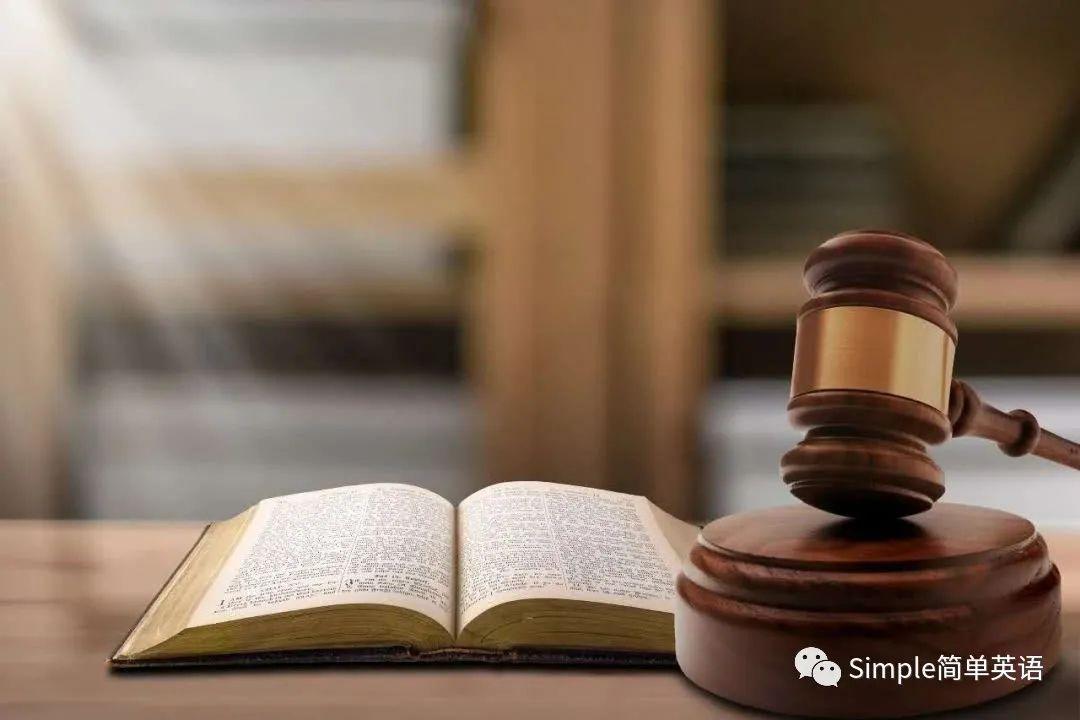
起诉(indict)
起诉是依法向法院提出诉讼,请求法院对特定案件进行审判的行为。
Prosecution is the act of bringing a lawsuit to the court according to law and requesting the court to try a specific case.
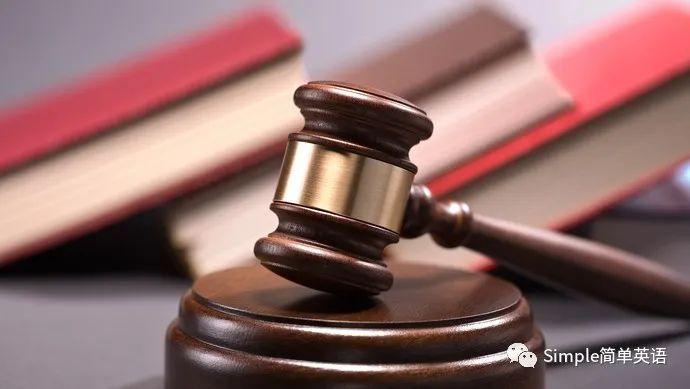
原告(plaintiff)
为保护自己的合法权益,以自己的名义向法院提起诉讼,从而引起诉讼程序发生的人。
In order to protect their legitimate rights and interests, a person brings a lawsuit to the court in his own name, resulting in litigation proceedings。
被告(defendant)
在民事案件中侵犯原告利益,需要追究民事责任,并经法院通知其应诉的人。
If the plaintiff's interests are infringed in a civil case, it is necessary to investigate the civil liability and notify the respondent by the court.
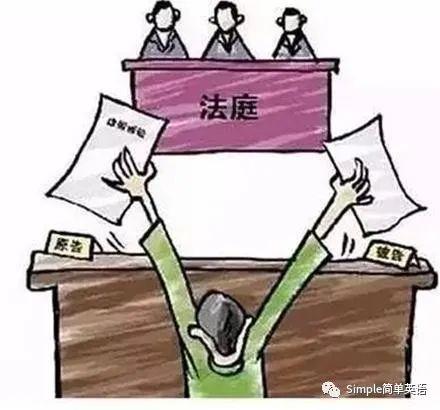
辩护人(counsel)
接受委托帮助犯罪嫌疑人、被告人行使辩护权以维护其合法权益的人。
A person who is entrusted to assist the suspect and defendant in exercising their right of defense to safeguard their legitimate rights and interests.
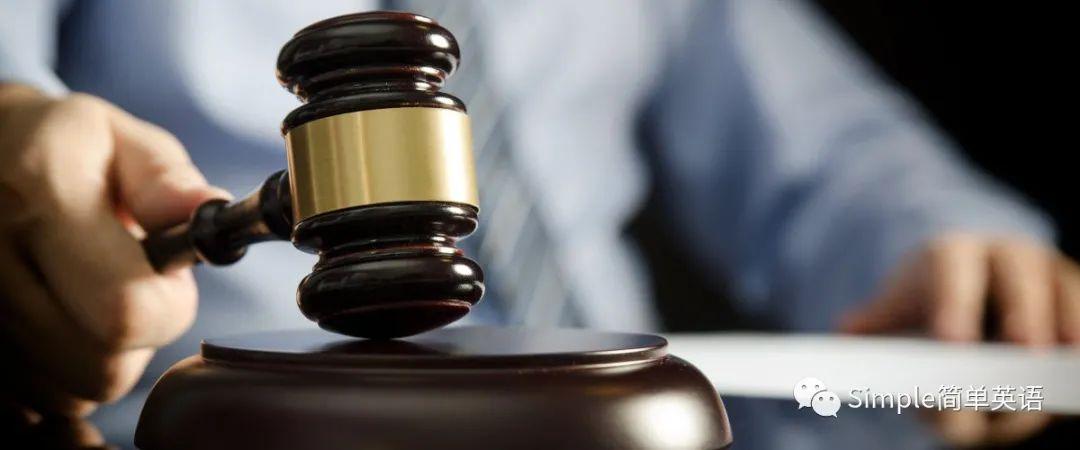
证据(evidence)
证据是指依照诉讼规则认定案件事实的依据。
Evidence refers to the basis for determining the facts of a case in accordance with the procedural rules.

法院(court)
主要通过审判活动惩治犯罪分子,解决社会矛盾和纠纷,维护公平正义。
Mainly through judicial activities to punish criminals, solve social contradictions and disputes, and maintain fairness and justice.

判决(judgemment)
封建时代指官府断案,后指司法机关对审理结束的案件作出裁决。
In the feudal era, it means that the government decided the case, and then the judicial organ made a ruling on the case after the trial.
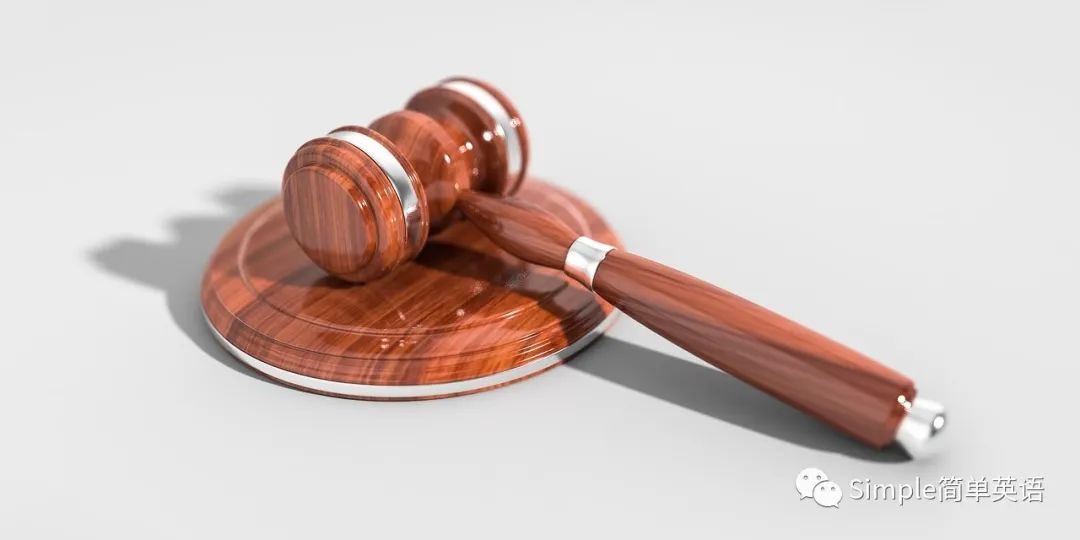
遵纪守法,爱国爱家是每一个中国公民应尽的义务,务必牢记于心。
限 时 特 惠: 本站每日持续更新海量各大内部创业教程,一年会员只需98元,全站资源免费下载 点击查看详情
站 长 微 信: lzxmw777






